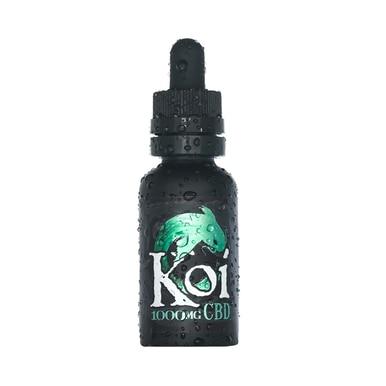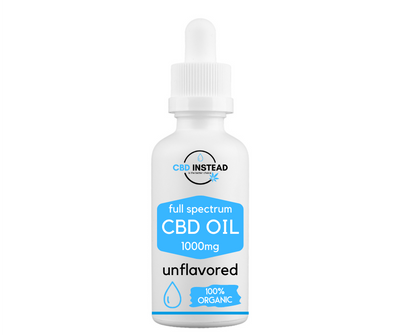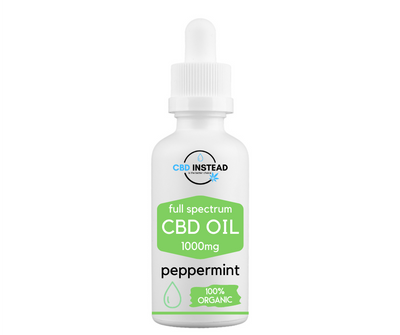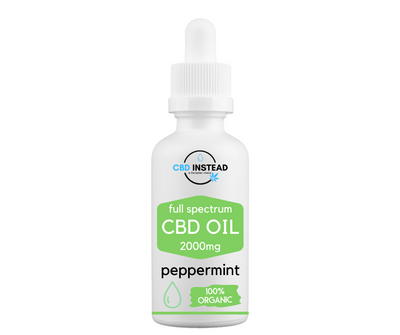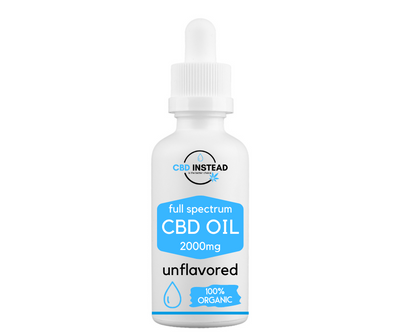The way that CBD oil works is that it has your body do all the work for it. Instead of binding to receptors, cannabidiol elevates endocannabinoids like anandamide and 2-arachidonoylglycerol (2-AG) to interact with cannabinoid receptors. CBD works as a regulator, helping to enhance these endocannabinoids so they can do their job more efficiently. So what exactly is 2-AG and what is its job?

What Is 2-AG
2-AG is one of the main endocannabinoids that is a full agonist to both CB receptors but primarily binds to the CB2 receptor. This cannabinoid receptor helps mediate the immune functions in the body, sending out immune cells to affected areas to promote healing. If your endocannabinoid system isn’t in perfect working order, you might have inflammation from too many attack cells being sent out. And this is when 2-AG comes in.
How Endocannabinoids Work
Endocannabinoids like 2-AG travel backward through a process called retrograde signaling. Usually, neurotransmitters will travel from the presynaptic neuron through the synapse to the postsynaptic neuron to send a message. This is how anything gets done in your brain. Endocannabinoids leave from the postsynaptic neuron through the synapse and bind to receptors on the presynaptic neuron with a message to either inhibit or promote action. This is how endocannabinoids help mediate activity in the brain.

2-AG’s Role In The Endocannabinoid System
The endocannabinoid 2-AG plays many roles in our everyday health. Its primary job is binding to the CB2 receptor, which can help reduce inflammation by delivering the message to stop sending so many attack cells to an affected area. But because this endocannabinoid also has its hands in the functions of the CB1 receptor, studies suggest that this endocannabinoid may contribute to other aspects of our health.
Mood
Studies have shown that when someone has changes to the 2-AG levels in their brain, their mood suffers for it. Researchers found that depression, tension, and general mood disturbances were increased upon the endocannabinoid changes.
Bone Health
Cannabis has shown that it may be able to help with bone health and strength. Both anandamide and 2-AG are present in our bones. Studies suggest that 2-AG plays a crucial role in bone forming by activating CB1 receptors in sympathetic nerve terminals.
Reproduction
Scientists have grazed the tip of the iceberg when it comes to cannabis and reproduction. They have found that the levels of 2-AG and anandamide change throughout the course of pregnancy. Scientists believe that using the CB2 receptor may be useful for correcting infertility.
Memory
Cannabis used to have the bad reputation of making your memory go blank, but recently there have been studies as a treatment or even cure for Alzheimer’s disease. While a cure isn’t something that is on the table quite yet, scientists do believe that it may be used as a preventative tool. Because of 2-AG’s anti-inflammatory properties, researchers believe that this endocannabinoid plays a role in protecting the brain and helping with memory loss associated with Alzheimer’s. It may even help with cognitive function.
Sleep
Cannabis has been used for sleep for a long time, and not just because of the drowsiness that THC can make you feel. Research finds that the 2-AG endocannabinoid triggers REM, making its enhancement a potential treatment for people who don’t feel like they can get a restful night’s sleep.
Pain
Both anandamide and 2-AG help mediate our sensitivity to pain. Studies show that high levels of 2-AG may be able to help with neuropathic pain. Scientists believe that this endocannabinoid may be able to control the sensitivity of the pathways that the pain signals pass through.

Taking CBD
CBD oil has shown in studies to help elevate the endocannabinoid 2-AG as well as anandamide which is why it may be able to help with so many different conditions and diseases. Taking small amounts of CBD may be able to help you regulate your endocannabinoid system if it is malfunctioning. If you want to implement CBD into your health regimen, you should talk to your doctor. Even though CBD just elevates the chemicals that are organically created in our body, it still can affect the way you metabolize certain medications and has shown in some cases to cause adverse effects.














